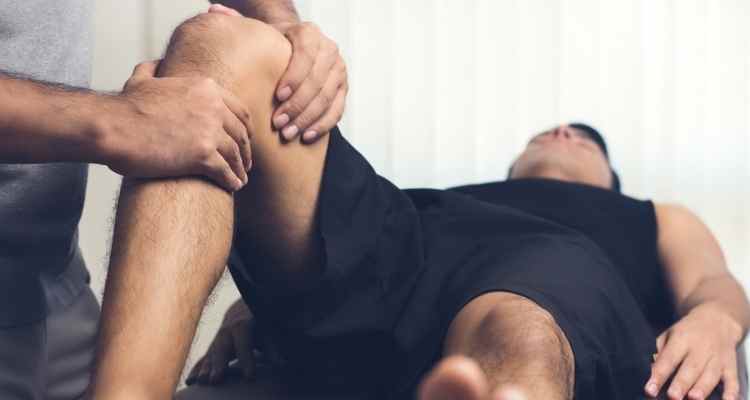Sports medicine deals with physical fitness, prevention, and treatment of injuries related to exercise or sports. They aim to help people participate in exercise safely to get their training goals. Sports medicine in Bayonne focuses on treating a wide range of physical problems, including acute traumas such as strains, dislocations, sprains, and fractures. Sports medicine can also treat chronic overuse, including degenerative diseases, tendonitis, and overtraining syndrome.
Who is a sports medicine physician?
A sports medicine physician is a medical doctor who specializes in treating and diagnosing exercise or sports injuries and illness. Many sports medicine physicians work only with athletes, but most work with anyone needing treatment after a sports injury.
Many sports medicine physicians are certified in family practice, pediatrics, emergency medicine, orthopedics, or internal medicine before joining a two-year fellowship in sports medicine. After completion, most get a certificate of added qualifications in sports medicine.
Most sports medicine physicians concentrate on non-operative musculoskeletal conditions. Some are orthopedic surgeons who focus their practice on treating sports injuries with surgical treatments. Beyond bone, joint, and muscle injuries, a sports medicine physician is qualified to treat any other associated conditions, including injury prevention, concussion, head injuries, chronic or acute illness like diabetes and asthma, nutrition, and performance issues.
Sports injuries
Sports injuries occur when you are engaging in exercise or sports. They can occur due to a lack of conditioning, overtraining, and improper technique. Bruises, sprains, tears, strains, and broken bones can result from sports injuries. Soft tissues like tendons, muscles, fascia, ligaments, and bursae can be affected.
Common sports injuries
A pulled muscle or muscle strain
It happens when a muscle tears and overstretches. Symptoms might include swelling, pain, weakness, and inability or difficulty to use muscle. Muscles in the calves, quadriceps, lower back, groin, and shoulder are the major sites for pulled muscles.
Shin splints
They are aching, stabbing, or throbbing pain on the inside of the lower leg. Shin splints are repetitive, and they occur in runners or those beginning to exercise. Pain occurs when tendons and muscles around the tibia become inflamed. Stretching, applying ice, and resting can help relieve shin splints.
Stress fracture
It is an injury that occurs when the muscles can no longer absorb the impact from physical activity, and the bone absorbs pressure causing a break. Stress fracture inflicts pain with activity. Rest is recommended to allow stress fractures to heal.
Concussion
It is a traumatic brain injury that happens when the brain goes through sudden acceleration inside the skull. A direct hit to the body or head can cause a concussion. People engaging in sports like football are at risk of having a concussion. A thorough neurological exam is needed to determine the extent of the concussion injury. Healing requires rest, both mental and physical, to allow the brain to recover.
Sports medicine is a well-rounded program that treats all types of sports injuries. Sports medicine physicians work with amateur and professional athletes to reduce the risk of injuries and improve their game. With wellness strategies, athletes in their care become strong and fit while having a physician to cater for them when an injury occurs.

